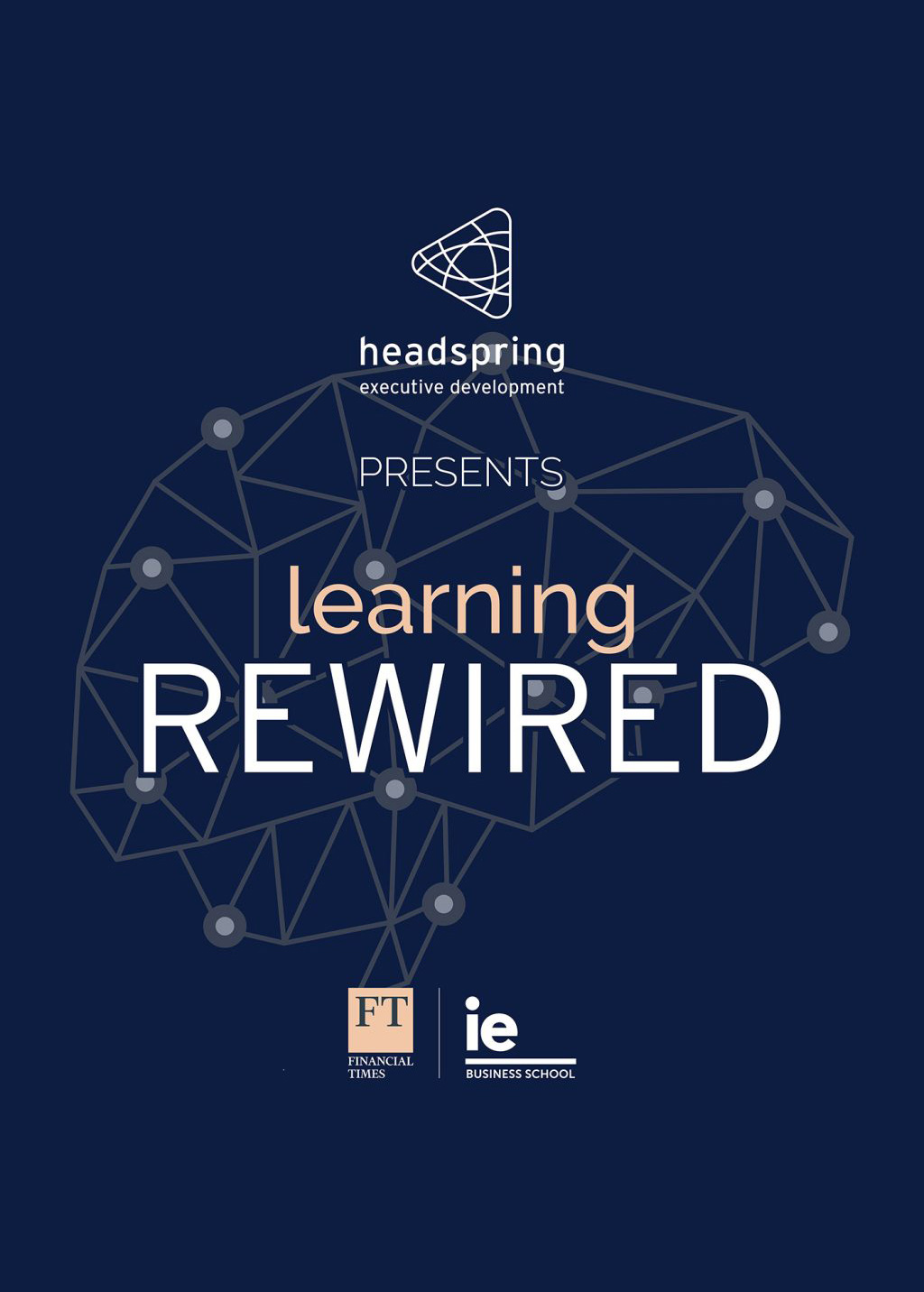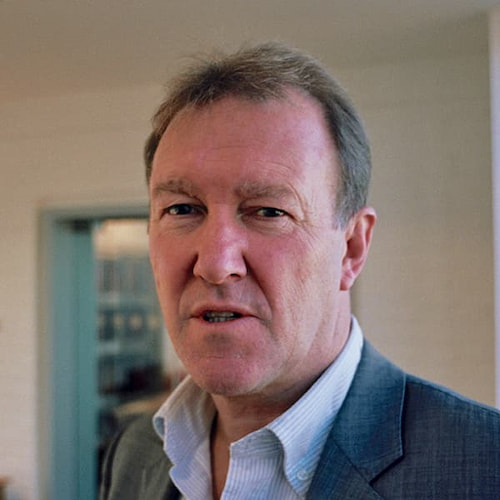Reverse Mentoring: Challenging Traditional Leadership Dynamics
In the hierarchical corridors of corporate culture, senior leaders have traditionally been the fountains of wisdom. But what happens when this wisdom runs dry? One expert suggests flipping the traditional leadership model upside-down.

